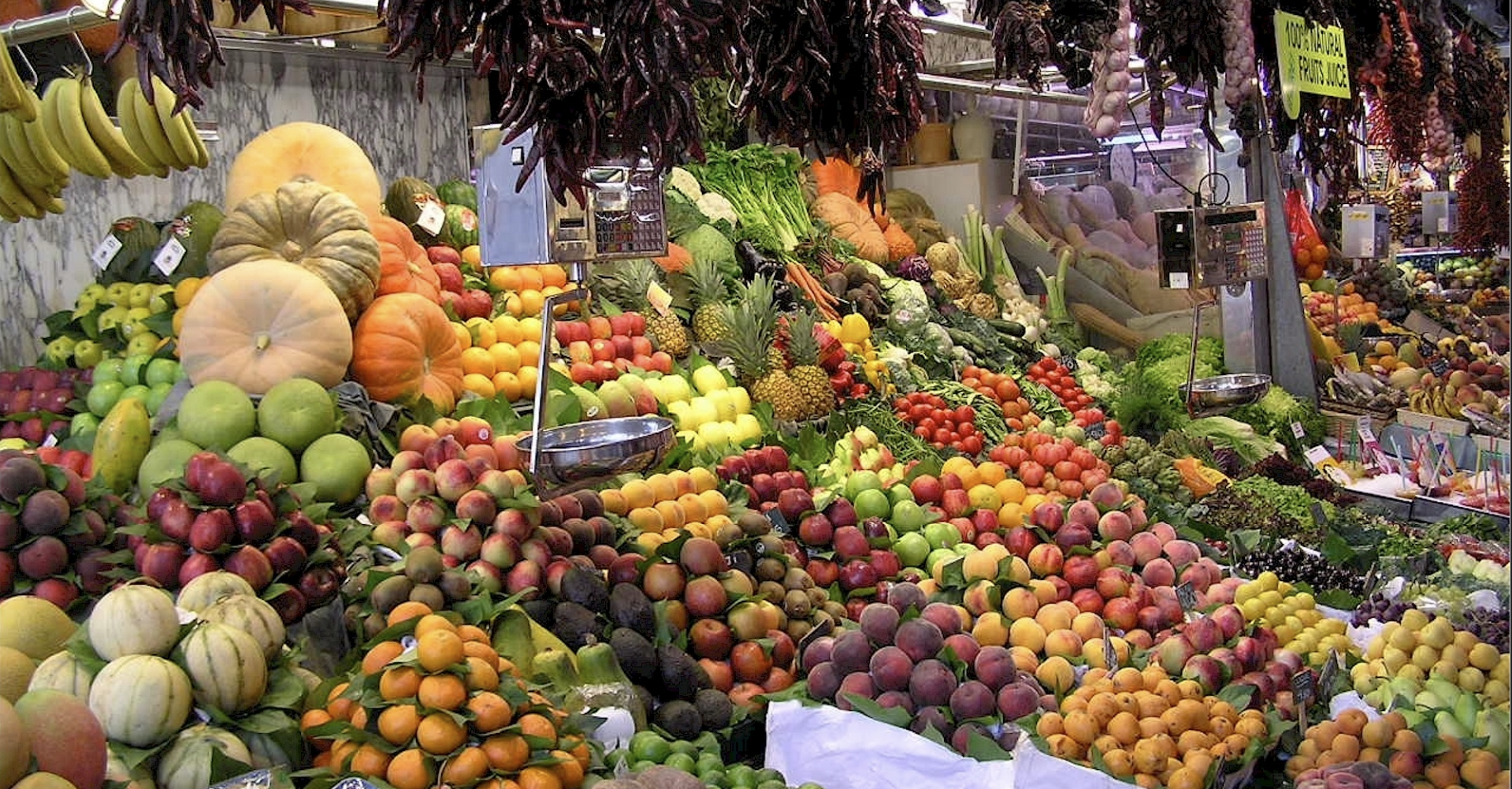
La Via Campesina and CETIM took part in the thematic discussions organized during the 10th session of the UN Expert Mechanism on the Right to Development. In this article, Danilo Borghi reports on the content of the thematic discussion on trade and biodiversity, as well as the specific reasons for La Via Campesina’s implication in these discussions on the right to development.
The right to development was firstly enshrined in international law in 1986, with the adoption of the United Nations Declaration on the Right to Development. This declaration was initiated by a great majority of countries of the global south bearing the brunt of global inequalities and top-down development practices that failed to address the needs of their populations.
In 2019, the UN Human Rights Council established an Expert Mechanism on the Right to Development, formed by 5 independent experts from different regions, to support member states with the implementation of the right to development. The mechanism holds annual sessions in which civil society organisations with the UN consultative status can participate.
The 10th Session of the Expert Mechanism on the Right to Development took place from 28 to 30 October 2024 at the UN Human Rights Council in Geneva. Led by the mechanism’s current chair, Mr. Mihir Kanade, the session explored the relationship between self-determined development and various critical topics, including the dominance of transnational corporations in global markets, international development cooperation, meaningful civil society participation in inclusive development, artificial intelligence and cultural rights, and the intersection of trade and biodiversity.
In the thematic discussion on ‘Trade, biodiversity and the right to development: an equation to be constructed’, CETIM and LVC delivered a joint statement on the pressing need for a trade system that defends peasants’ rights, biodiversity, and food sovereignty, while consequently countering the commodification of nature for private profit and modern biopiracy practices.
We argued that the UNDROP and the UN Declaration on the Right to Development should serve as the basis for a trade system that not only protects human rights and biodiversity, but also promotes more equitable food systems respecting peasants, rural communities, Indigenous peoples, workers and migrants’ rights. It is important to further highlight that the realisation of peasants’ right to development is intrinsically linked to the attainment of their right to food sovereignty.
Indeed, the aforementioned declaration defines the right to development as “an inalienable human right by virtue of which every human person and all peoples are entitled to participate in, contribute to, and enjoy economic, social, cultural and political development” (Art 1.1). Moreover, the right to development is grounded on “the right of peoples to self-determination” (Art 1.2), as well as on their “active, free and meaningful participation in development and in the fair distribution of the benefits resulting therefrom” (Art 2.3).
Ultimately, the realization of food sovereignty and the other rights of peasants means the realization of their right to development. Familiarity with this right and this Declaration by peasant organizations therefore seems essential in order to make it not only a complementary tool to their struggle, but also an intersectional framework for the convergence of struggles in favour of the rights defended by UNDROP. This underlines the importance of building bridges between the rights of peasants and those defending the right to development. At the level of the United Nations, CETIM and LVC have contributed to this effort, as witnessed by our participation in this annual session of the Expert Mechanism on the Right to Development.
For this thematic discussion, panellists have been specifically invited by the Expert Mechanism, including Geneviève Savigny, current Chair of the UN Working Group on the Rights of Peasants and member of the Confédération paysanne (La Via Campesina France).
Ms. Savigny highlighted the vital importance of biodiversity to the world’s peasantry and the role that peasants play in preserving, respecting, and valuing biological diversity and nature as a whole. She emphasized that, for centuries, peasants have been central to fostering biodiversity through traditional agricultural practices. However, she stated that these practices have been under serious threat from the current international trade system, which is shaped by free trade agreements and intellectual property rights that regulate seed markets and commercialisation in favor of large-scale monocultural agribusiness. These trade mechanisms, for instance, prevent peasants from reproducing and sharing their own seeds—practices that, as we have long recalled, are integral to their profession, identity, and deep connection to land and traditional knowledge.
Undoubtedly, the right to development framework counts as a strategic norm in our efforts for implementing the UNDROP and realising peasants’ right at national, regional and international levels.
See here the full recording of the panel. The thematic discussion on Trade and Biodiversity begins at 01:42:00, with Ms Geneviève Savigny’s intervention at 02:43:30, followed by LVC and CETIM’s statement. We also recommend you to watch the intervention of Ms. Yacoub, Minister of Justice of Namibia at 01:47:25, as well as Ms. Fernandez, representative of the UN Environment Program.
This article has also been published on the website Defending Peasants’ Rights.org, you can access it here.